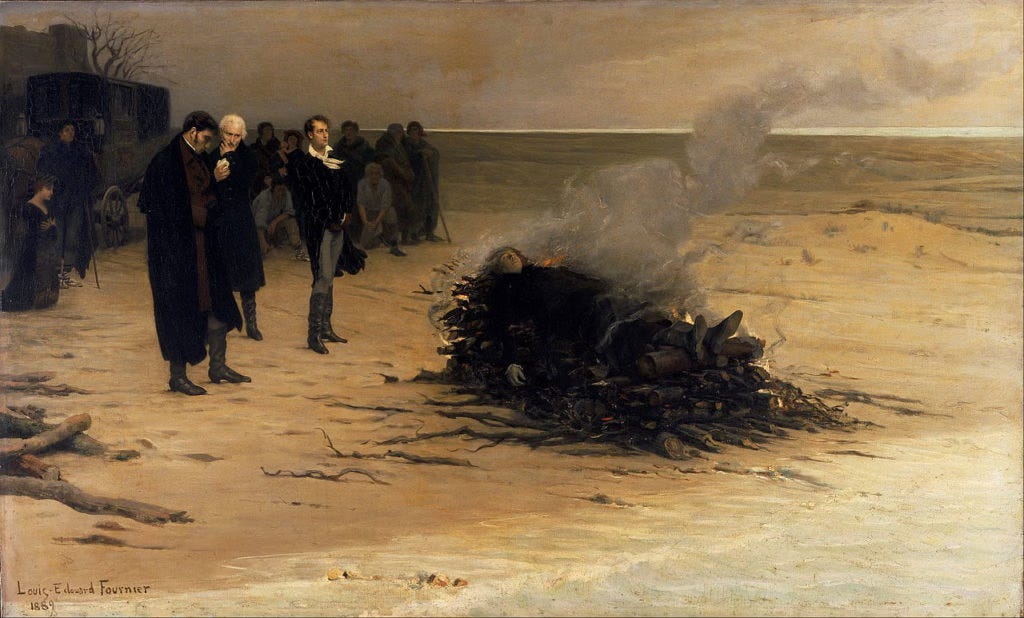
It was four hours after the recent funeral of my much-loved mother-in-law and the extended family was gathered in a living room near Guildford. And it was then that I discovered the departed might be coming to join us at home and that if s…

It was four hours after the recent funeral of my much-loved mother-in-law and the extended family was gathered in a living room near Guildford. And it was then that I discovered the departed might be coming to join us at home and that if s…